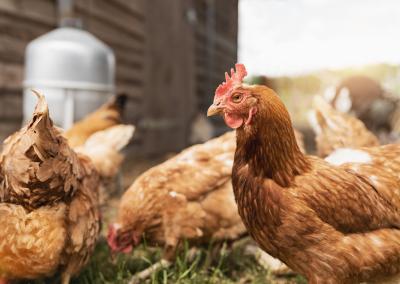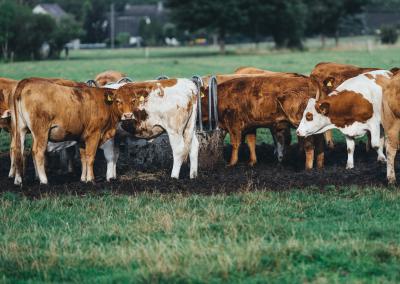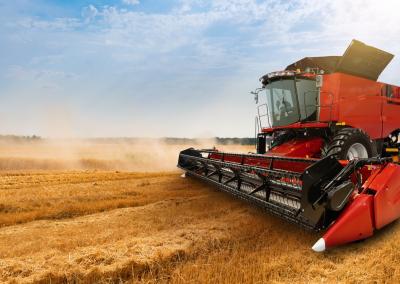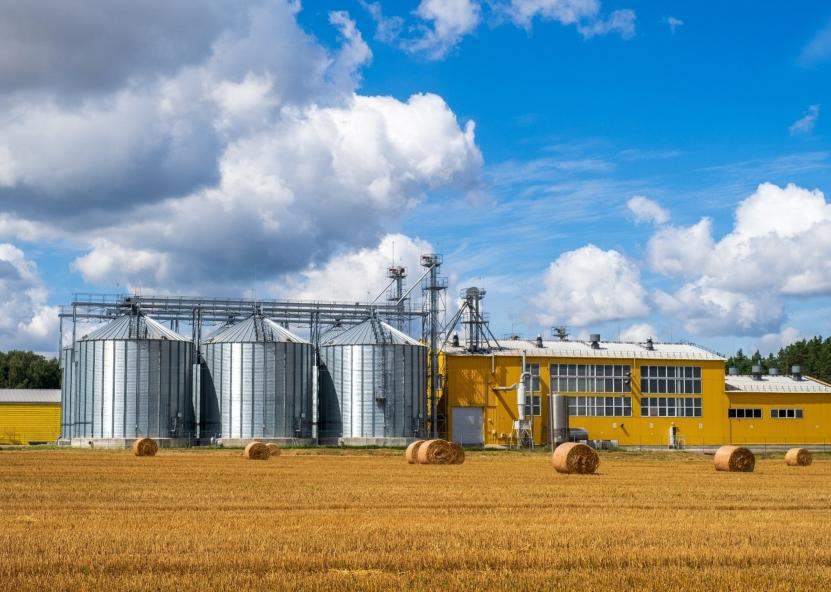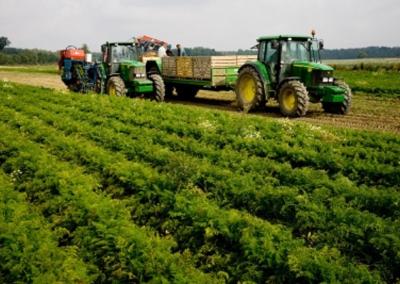Support for farmers moving away from diesel-fuelled grain dryers
The Environment Project Management Agency (EPA) is calling for more clean, renewable energy in the agricultural sector and support to reduce the use of diesel. Until the end of the year, farmers are invited to apply to replace diesel fuel with biomethane or biogas in their grain drying facilities.
EU strategy documents envisage an important role for biomethane & biogas, purified to natural gas quality, in reducing energy dependence on fossil fuels. Biogas produced from food and agricultural waste, manure or other biodegradable waste is considered to be one of the most advanced forms of renewable energy and an example of a circular economy. Biomethane can make a significant contribution to decarbonisation targets, as its production and use cycle produces significantly less CO2 than diesel. According to estimates by various international organisations, biomethane has 70-95% lower greenhouse gas emissions than diesel fuel, depending on the feedstock used to produce it.
A total of €2 million is available from the Climate Change Programme for this call for proposals to expand the use of biogas and biomethane in agriculture to replace diesel. The amount of the compensation (subsidy) per applicant is 65 % of the eligible costs up to a maximum of EUR 33 000. The aid may be granted to agricultural holdings and agricultural cooperatives. If the applicant is a legal person, it must be a micro, small or medium-sized enterprise engaged in primary agricultural production.
Investment support may be granted for the conversion of diesel-fuelled grain drying installations into biogas or biomethane-fuelled grain drying installations. For example, biomethane/biogas storage facilities, biomethane/biogas filling equipment, biomethane/biogas burners, combustion chambers and/or electricity and heat generating equipment, heat transfer equipment for air heating. Support shall also be granted for the installation of the listed equipment and systems.
Applications will be accepted until 7 January 2025, or until the funds available for the call are exhausted.

